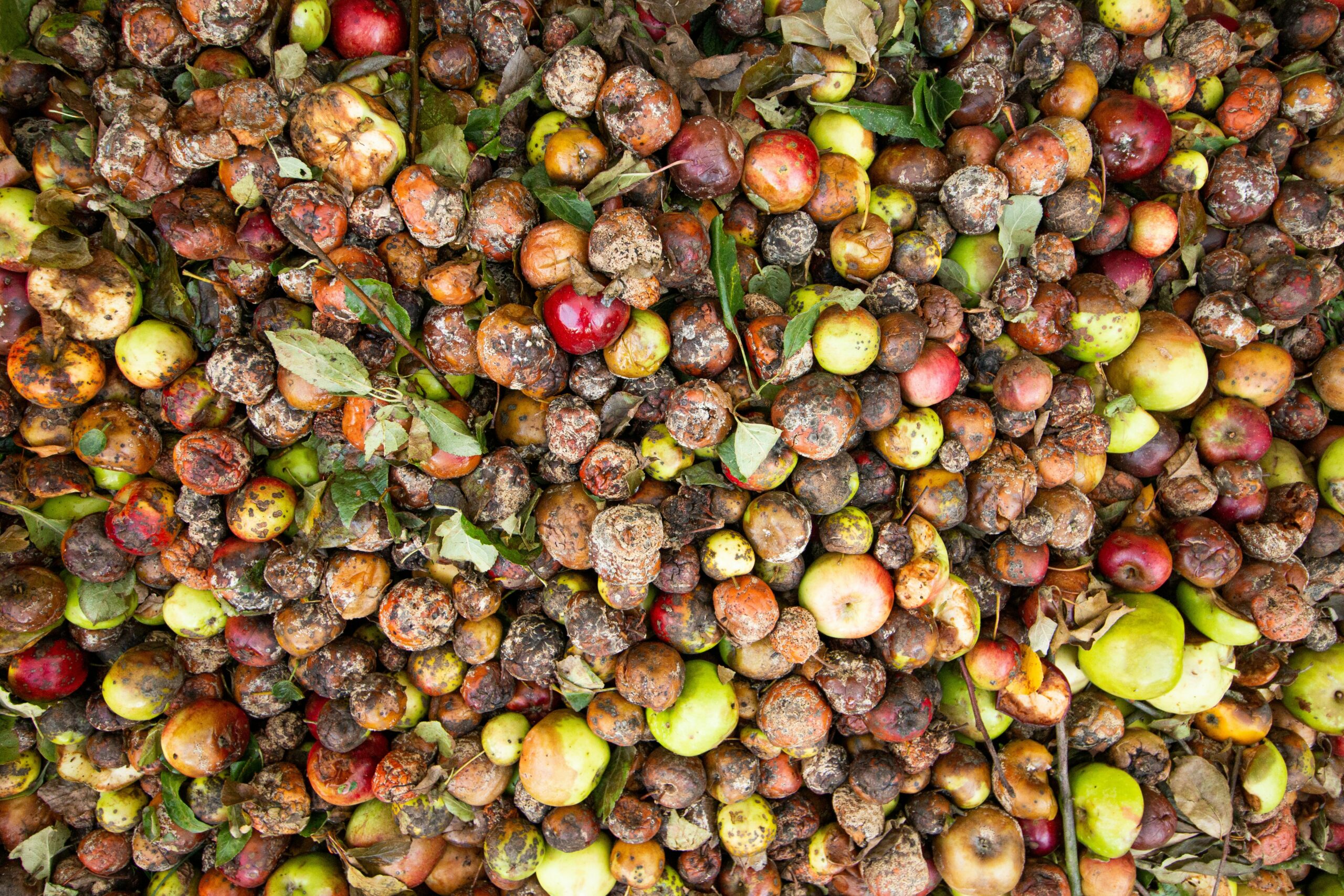Sustainable Development Goal number 12 is about consuming and producing within our planet’s natural limit, and for next generations to be able to fulfill their needs. As food is a basic need to be fulfilled and a shortage in large part of the world, goal number 12 is specified in a 50% reduction of the amount of food globally ending as waste throughout the whole value chain before 2030.
 In Photo: boy Holding Cardboard Box. Photo Credit: Hermes Rivera on Unsplash
In Photo: boy Holding Cardboard Box. Photo Credit: Hermes Rivera on Unsplash
Currently, 30-40% of all produced food globally is thrown out. At the same time, more than 842 million people in the world are starving. This goal is very tangible for all of us to understand and to act upon, but it also entails an obvious opportunity for companies within the food and service industry to work with their supply chain and production of food, as they can both become more responsible and save a lot of money at the same time. One of the most valuable places to start is in the large professional kitchens: A small behavioral change here can have a big impact on the pursuit of
goal number 12.
CASE: FOOD WASTE REDUCTION IN LARGE PROFESSIONAL KITCHENS
In
Denmark, hotels and restaurants produce approx. 29,000 tons of food waste on an annual basis. That encouraged us at Krukow to run a pilot within this sector to see whether our approach on behavioral design could help reduce the problem.
We studied the behavior and daily routines of the kitchen staffs in two large international hotel chains. Here, we mapped their behavior throughout the whole process of work and production line leading to food waste. We found that the majority of the food wasted was not coming from guest’s left overs on plates because they took more food from the buffet than they could actually eat. This was also a part of the problem, but not the largest. The origin of the problem lay in the choices made by the various employees during the whole process from the planning of the menus until the food landed on the plates of the hotel guests. Bad planning and subsequently poor purchasing together with the lack of internal communication were the largest barriers in reducing the amount of wasted food.
 In Photo: Black Trash Bin. Photo Credit: Photo byNeONBRAND on Unsplash
In Photo: Black Trash Bin. Photo Credit: Photo byNeONBRAND on Unsplash
Based on these insights, we optimized all the factors influencing the situation, and when testing the effect of our solutions, it showed a reduction of food wasted by up to 45%. The insights and behavioral design solutions extracted from this project can be of great value to other professional kitchens, the hotel and restaurant industry as a whole and be a big step in achieving goal number 12. How is your process doing? Are you wasting too much food in your company?
EDITOR’S NOTE: THE OPINIONS EXPRESSED HERE BY IMPAKTER.COM COLUMNISTS ARE THEIR OWN, NOT THOSE OF IMPAKTER.COM
Related Articles: “Sustainable Cities and Communities: The Evolution” by Sille Krukow
 In Photo: boy Holding Cardboard Box. Photo Credit: Hermes Rivera on Unsplash
In Photo: boy Holding Cardboard Box. Photo Credit: Hermes Rivera on Unsplash In Photo: Food Recycling Bin. Photo Credit: Patricia Valério on Unsplash
In Photo: Food Recycling Bin. Photo Credit: Patricia Valério on Unsplash In Photo: Chefs at Work. Photo Credit: Michael Browning on Unsplash
In Photo: Chefs at Work. Photo Credit: Michael Browning on Unsplash In Photo: Black Trash Bin. Photo Credit: Photo byNeONBRAND on Unsplash
In Photo: Black Trash Bin. Photo Credit: Photo byNeONBRAND on Unsplash













